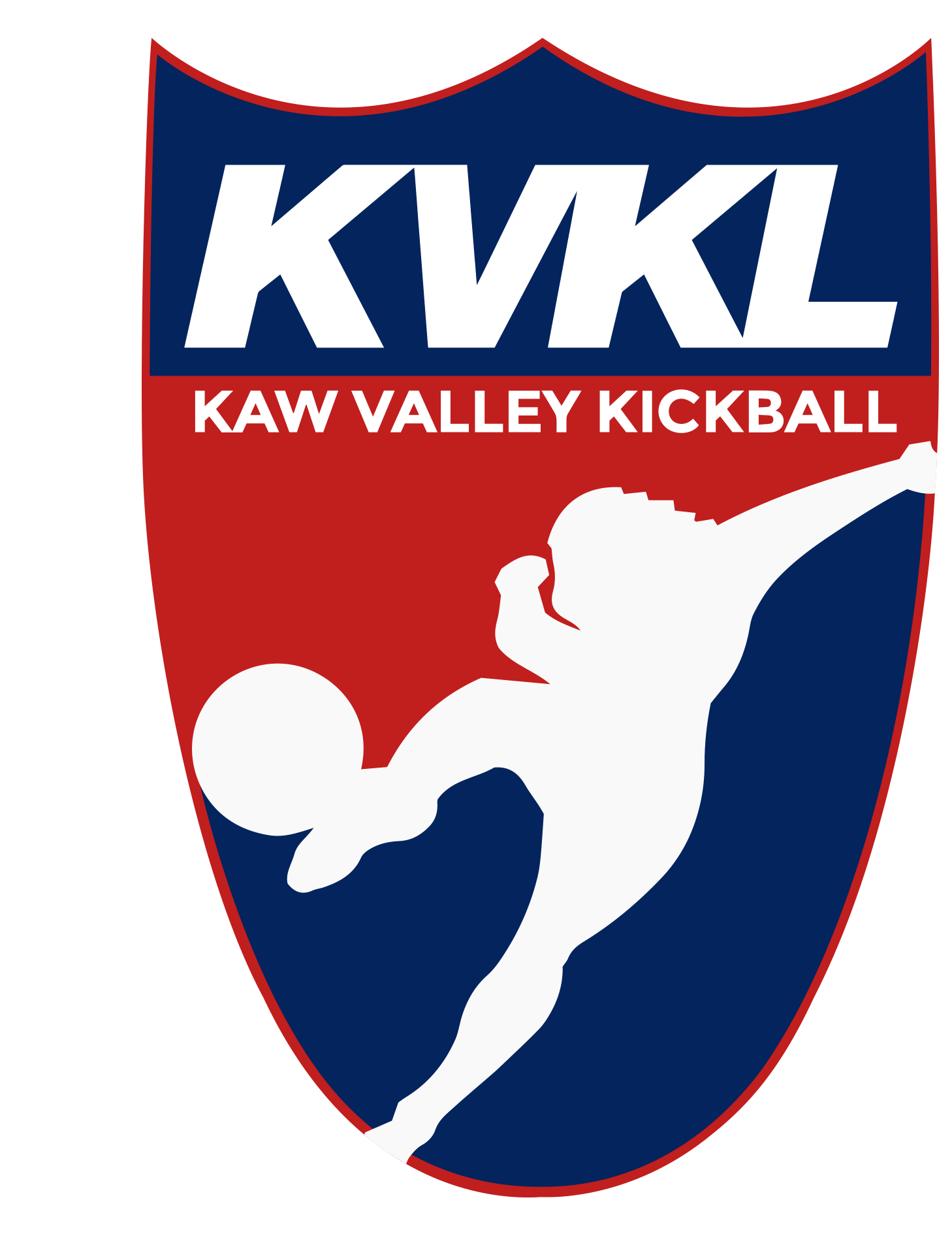It’s pronounced differently, though. Sorry. Anyway.
And so begins another season, after impatiently waiting through the seasons.
About a week away from the first pitch, teams have presumably solidified their rosters, players know exactly when and where they’ll be at wildly specific times and places for the next three months—more so than they know most days—and some, more than would like to admit, have already picked out the perfect pair of socks to really complete the look (myself included—American Apparel).
While all of that is special—dare I say magical?—what’s really awesome is, well, kickball, and perhaps more importantly what it means to us, as a community. It’s what brought us all together, after all. And members of the Kaw Valley Kickball League understand, for reasons only those who have been a part of it know, why it’s so significant. But it’s just kickball, right? Well, yes, that may be true. However, there’s clearly more to it than being just a gathering. Teams have pregame rituals (West Coast Saloon’s—now Where’s My Pitches?—captain-led calisthenics; Red Lyon’s shot-gunning; Screamers’ showing up late), and players have individual, personalized rituals. Ultimately, ritual is the single most important act among all religions. So much so that “Action and experience are the heart and the origin of religion. [. . .] Rituals preceded deities” (1). Maybe it could be thought of as more than that.
The KVKL is an open-armed club—it’s always been inviting—yet somehow manages to maintain this somehow elusive, underground, almost cult-like organization. We see each other around #lfk only knowing other members, usually, to start, by the position they play, and acknowledging them in some subtle way—a nod, a “nice kick.” We see each other at bars and buy or are bought drinks for and from near-strangers simply because. It’s our Secret Handshake. Kickball is our civil religion.
On ‘civil religion’: “These appear to be substitutes for the function or role that has been taken by ‘conventional religions’ in the past. In this way, they could be called quasi-religions for a post-traditional, post-modern and secularized world. But to describe [kickball] as a religion does perhaps stretch too far the usual idea of what religion is. In some ways, the cult status of [kickball] heroes, the veneration of team, the sacredness of [kickball] grounds, and the mysticism and magic that is associated with the game all suggest something that could be said to be like religion. [. . .] But if we are assuming that religion is something universal and basic to humans, then there must still be some kinds of religious manifestations in contemporary western cultures.” (2)
The fields are churches. Hobbs is the Vatican. PBR and whiskey are communion. And regardless of how crazy it seems to outsiders (“Really? Three-hundred people came to watch a game of kickball?”) we still lace up every Sunday. We look forward to it for nine months, even though the season never really ends for us, because, face it, we still talk about ________’s amazing catch, or _________’s sick double-play, or Cougar’s terrible call at first. It’s just what we do. It’s ingrained in us by now. Especially the blaming Cougar part—every religion needs a scapegoat, after all.
Welcome back.
~~~
Hello. My name is Thomas. I will be one of your hosts for Sundays in the Park this 2014 KVKL season. If you’re not aware, so you can direct comments and lambaste me on and off the field, I play first base for Wildman Attack Force. This is my fifth season in the league. My intent for the blog this year is to provide commentaries and analyses on individual teams and games as much as humanly possible, as well as include the occasional long-winded discourse like the above. And pictures of my cat.
Up next: Team profiles—the ones I’ve been asking your captains about.
t.j.h.
(1) Assmann, Jan. ‘The Search for God in Ancient Egypt.’ London: Cornell University Press, 2001.
(2) Nye, Malory. ‘Religion: The Basics.” Oxfordshire: Routledge, 2004.

